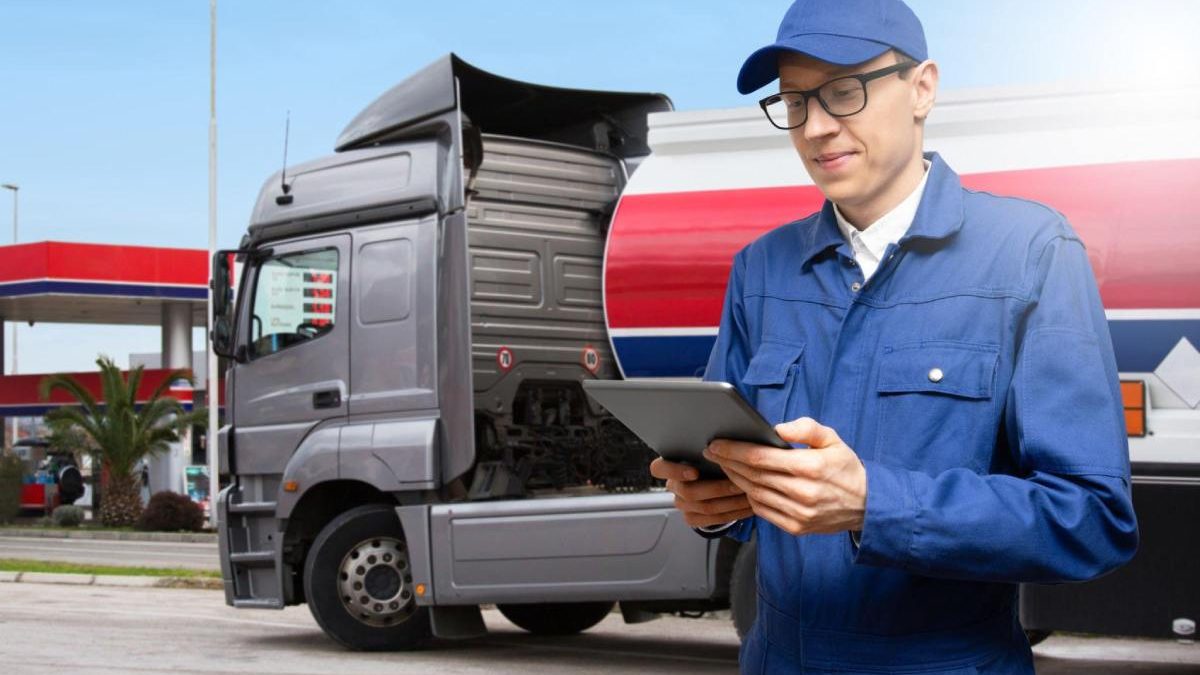Running a business that involves commercial trucks isn’t a walk in the park. It’s more like navigating a busy highway.
One crucial part of this journey is meeting the basic commercial truck insurance requirements. These aren’t just about ticking off boxes on a list. They’re about ensuring that your business stays on the road, even when unexpected bumps come your way.
So if you own a trucking business, read on. In this article, we’re going to dive into the insurance requirements you need to know about.
Table of Contents
Liability Coverage
Liability coverage is the most basic form of insurance that every commercial truck must have. It covers damages caused by your truck to other people’s property or injuries sustained by others in an accident involving your truck.
You’ll have to meet specific coverage limits, which vary according to the type of trucking you do. For instance, if your trucks are involved in interstate commerce, they must meet higher liability limits.
Cargo Liability Insurance
As a trucking business, you’ll also have to consider cargo liability insurance. This coverage protects the goods your trucks transport in case of damage or loss during transit. It’s essential, especially if you’re transporting high-value goods.
The coverage limits for cargo liability insurance will also vary depending on the type of goods you transport. For instance, if you’re hauling hazardous materials, the minimum coverage limit will be higher.
Physical Damage Coverage
Trucks are a significant investment for any business, and losing them can be financially crippling. That’s where physical damage coverage comes in. It covers damages to your trucks in case of an accident or other covered perils like fire, theft, vandalism, or natural disasters.
Keep in mind that physical damage coverage is optional. However, many carriers and brokers will require it as part of their insurance requirements. And even if they don’t, it’s always a good idea to have this coverage to protect your valuable assets.
Hauling Insurance
If you’re hauling goods for other companies, they may require you to have additional hauling insurance coverage. This could include non-trucking liability insurance, which covers damages while your trucks are not under dispatch. It could also come in the form of bobtail insurance, which covers damages on the way back from a delivery.
Workers’ Compensation Insurance
If you have employees who operate the trucks, you’ll need to provide workers’ compensation insurance. This coverage will protect your employees in case they sustain injuries while on the job. It’s usually required by law and is an essential part of taking care of your employees.
To find out more about this, you can contact lawyers who specialize in dealing with trucking accidents like Steve Dimopoulos. This way, you can promote a safer trucking environment in your company.
Get These Commercial Truck Insurance Requirements Today
Navigating the world of commercial truck insurance requirements can be like plotting a course on a roadmap. Knowing these basic insurance requirements is crucial. It not only keeps you on the right side of the law but also keeps your business rolling no matter the bumps you encounter on the road.
So don’t skip on any of these requirements. After all, it’s better to be safe than sorry. Keep your trucks, cargo, and employees protected with the right insurance coverage today!
Did you find this article helpful? If so, check out the rest of our site for more.

